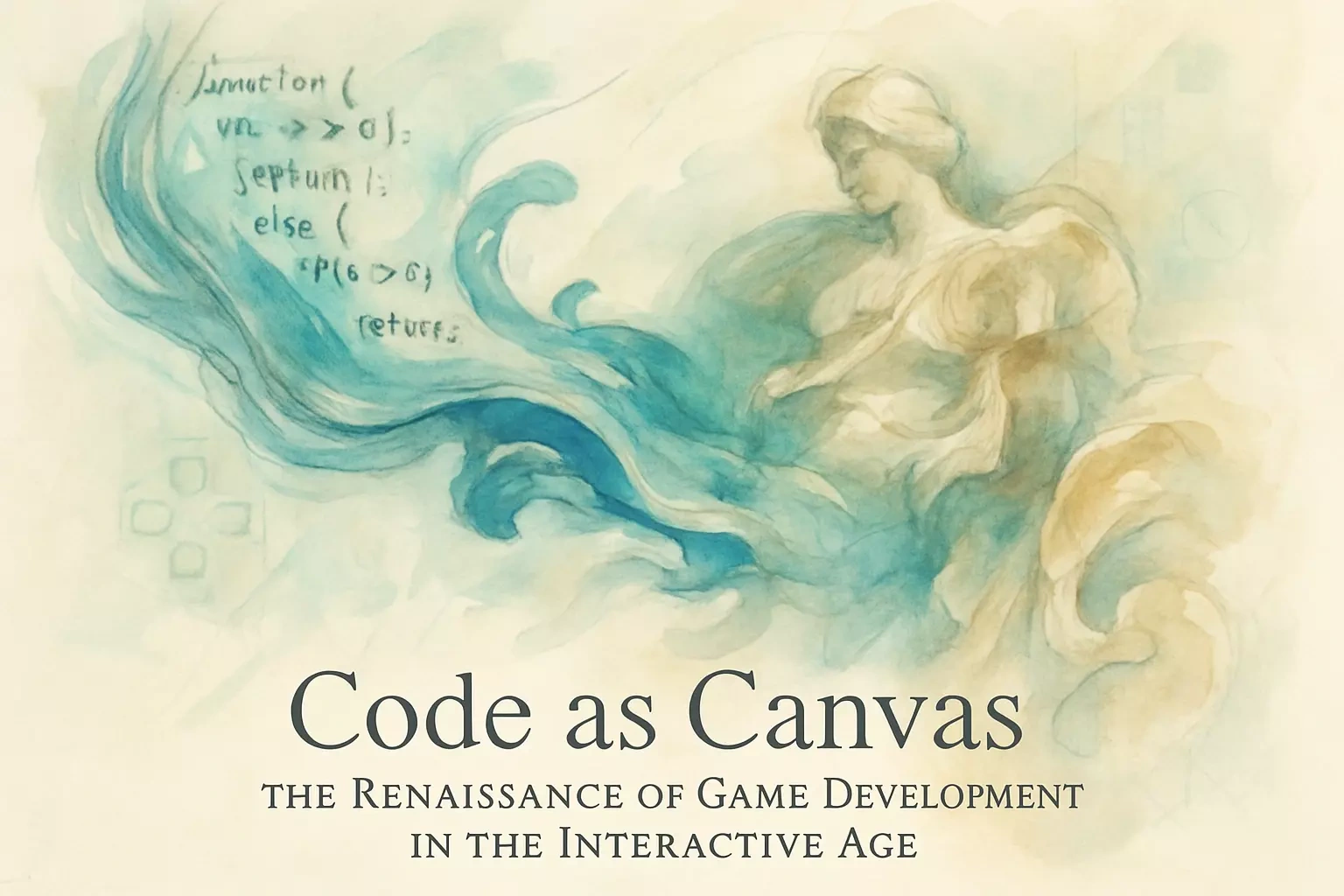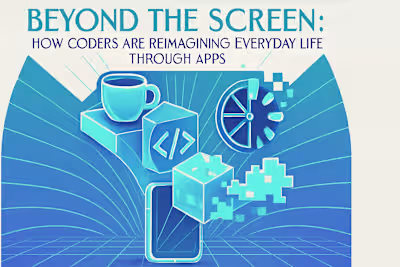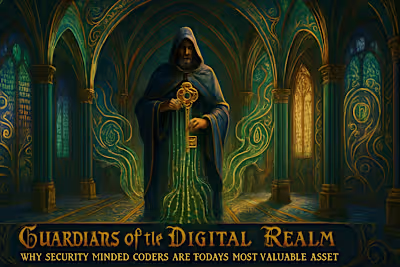Code as Canvas: The Renaissance of Game Development in the Interactive Age

Code as Canvas: The Renaissance of Game Development in the Interactive Age
The Democratization of Game Creation
The Power of Modern Game Engines
The Rise of the Indie Developer
The Game Developer's Skill Set: A Blend of Art and Science
Core Programming Languages
Beyond Code: Understanding Game Design
The Importance of Graphics and Performance
Trends Shaping the Future of Interactive Entertainment
The Mobile Gaming Juggernaut
Virtual and Augmented Reality (VR/AR)
The Metaverse and User-Generated Content
Building a Career as a Freelance Game Developer
Create a Strong Portfolio
Find Your Niche
References
Code as Canvas: The Renaissance of Game Development in the Interactive Age
The Democratization of Game Creation
The Power of Modern Game Engines
The Rise of the Indie Developer
The Game Developer's Skill Set: A Blend of Art and Science
Core Programming Languages
Beyond Code: Understanding Game Design
The Importance of Graphics and Performance
Trends Shaping the Future of Interactive Entertainment
The Mobile Gaming Juggernaut
Virtual and Augmented Reality (VR/AR)
The Metaverse and User-Generated Content
Building a Career as a Freelance Game Developer
Create a Strong Portfolio
Find Your Niche
References
Posted Jun 17, 2025
Game development is more accessible than ever. Explore the tools, trends, and skills driving the renaissance in indie games and creating exciting freelance opportunities for creative coders.










